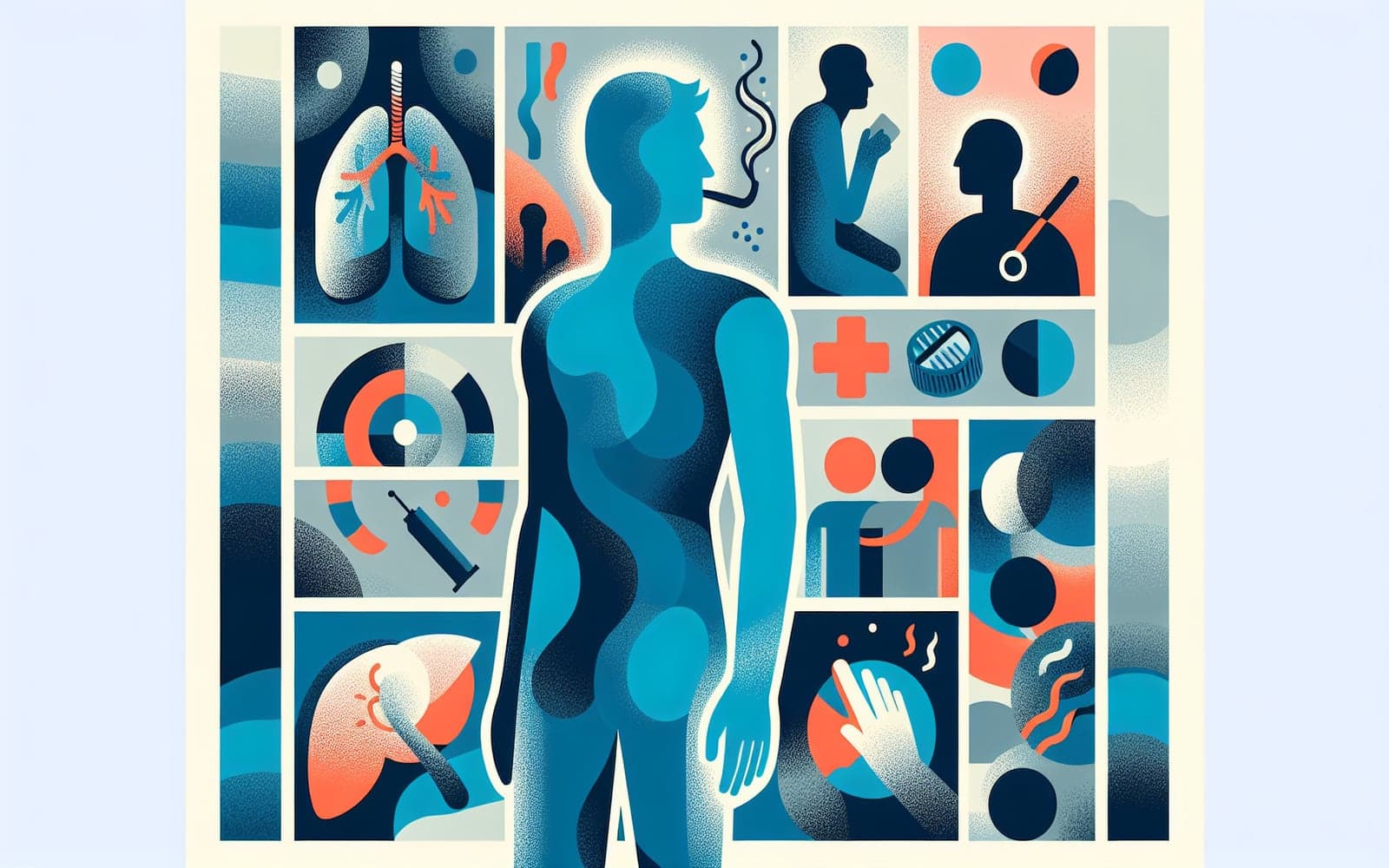Scrotal Conditions: What Increases Your Risk?
Scrotal Conditions: What Increases Your Risk?
The Big Picture
Understanding risk factors can help manage and prevent scrotal conditions. Let's take a closer look at what might increase your risk.
Contents
- Varicocele Risk Factors
- Hydrocele and Testicular Cancer
- Chronic Epididymitis and Lifestyle
Varicocele Risk Factors
Varicocele is more common in postpubertal males, often affecting the left side due to anatomical reasons. Risk increases with activities that raise abdominal pressure, such as heavy lifting. It may also be linked to infertility in some men.
Hydrocele and Testicular Cancer
Hydrocele is linked to fluid imbalance around the testis, while testicular cancer is the most common tumor in young men. A family history of testicular cancer or an undescended testis increases the risk.

Chronic Epididymitis and Lifestyle
Chronic epididymitis can result from infections or physical activities like cycling. Sedentary habits and prolonged sitting can exacerbate noninfectious forms. Lifestyle changes can mitigate symptoms and risks.
FAQs
Who is at risk for varicocele?
Postpubertal males, especially those lifting heavy objects, are at risk.
What increases testicular cancer risk?
Family history and undescended testis elevate cancer risk.
How does lifestyle affect epididymitis?
Sedentary habits and physical activities can trigger symptoms.
The Bottom Line
Awareness of risk factors is crucial for prevention and early action.
Additional References
- Jarow JP, Coburn M, Sigman M. Incidence of varicoceles in men with primary and secondary infertility. Urology 1996; 47:73.
- Ferguson L, Agoulnik AI. Testicular cancer and cryptorchidism. Front Endocrinol (Lausanne) 2013; 4:32.
This article has been reviewed for accuracy by one of the licensed medical doctors working for Doctronic.











